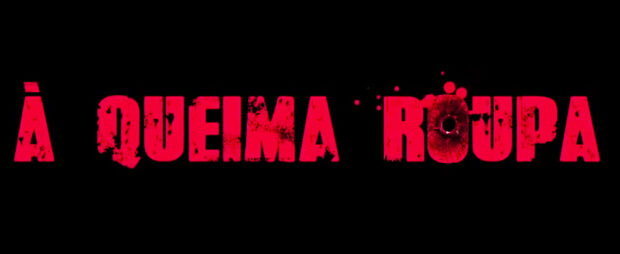
A screening of À Queima Roupa (At Point-Blank), followed by a debate on police violence, was part of Rio International Film Festivel 2014 on Friday September 26. The documentary produced and directed by Theresa Jessouroun is an investigation into the violence and corruption that have plagued Rio de Janeiro’s low-income neighborhoods over the past 20 years. While historical in a sense, the issues it sheds light on continue into the present day.
While À Queima Roupa is made up of an impressive collection of original event footage, Jessouroun was also able to locate and interview many primary witnesses and victims of violence specifically for the film.
Beyond a rich survey of witnesses and victims, other figures provided important perspectives as well. João Tancredo, an attorney who spent some of his childhood living in Vigário Geral where the film begins its story in 1993–year of the Vigário Geral chacina, or massacre–is heavily featured as he has personally fought for justice and compensation for many of the innocent victims of police chacinas.
Perhaps the most intriguing interviewee is Ivan, a former police informant who played a role in hundreds of homicides committed by the police and was only released from prison this year after serving a reduced sentence of 17 years due to cooperation with investigators. Ivan detailed how Rio’s Military Police would take drug traffickers’ products or weapons to sell to another trafficking group for profit. He explained how police referred to this as “the spoils of war.” He also said they would re-use the same truck full of marijuana at up to ten different media events to maintain an image of successful policing.

After telling the story of multiple police massacres in Rio–indiscriminate killings of favela residents in retaliation for a corrupt drug deal gone wrong with traffickers–the film reaches its climax with the murder of a judge, Patricia Acioli, who had just convicted military policemen of corruption on the day of her death. Not only does the film illustrate the lack of respect for human rights in Rio’s favelas but, with the killing of Acioli, the disregard for justice and the State itself by police.
The documentary stands out due to the brutally graphic images a feature film like Tropa de Elite (Elite Squad) might spare its viewers. Far from sensationalist, it simply aims to present a reality that most Brazilians have been unwilling to confront. Ignacio Cano, a sociologist at the Rio de Janeiro State University (UERJ) who helped with the production of the film, spoke strongly in a debate that followed the screening, asserting that “as long as Brazilian society believes that a good criminal is a dead criminal” its people are going to suffer these injustices.
Some ultimately see the police culture of violence as a legacy of Brazil’s dictatorship. This sentiment was expressed in the film by former Rio Governor Leonel Brizola in his response to the 1993 Vigário Geral massacre but panelists at Friday’s screening also made the connection.
Right now Jessouroun and her colleagues are trying to raise funds to make the film more accessible and distribute it widely in Brazil. They believe that broader distribution will stimulate the debate needed to address what has become a tragically common practice in Rio’s favelas.

